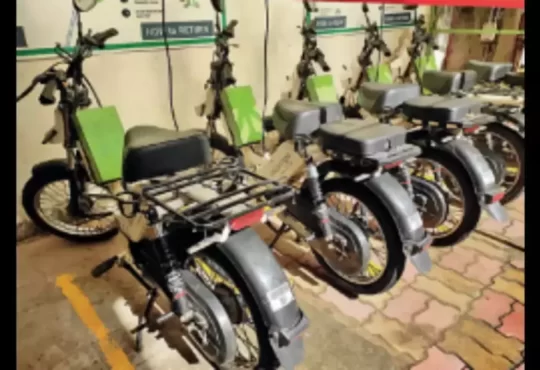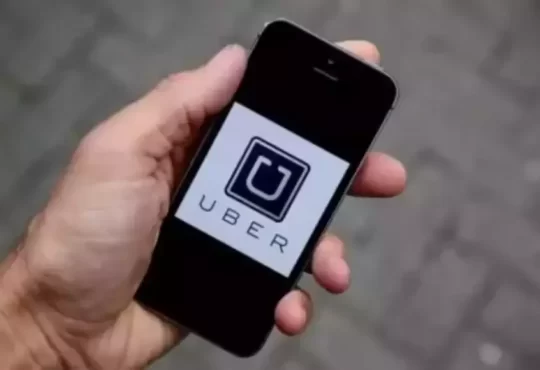
Offices to outstation trips, pollution curbs hit rental cab services in Gurugram
Restrictions imposed on BS III and IV vehicles as part of the Graded Response Action Plan (GRAP) have caused disruptions in rental and contract carriage services, leading to the grounding of diesel-run car fleets with all-India permits. This has particularly impacted cab services for corporate and government offices, as well as inter-city and outstation trips. However, CNG-based public transport as well as Ola and Uber cab services within the city remain unaffected.
Transporters affected by the restrictions have notified the companies they have contracts with, suspending their services. The Centre for Air Quality Management (CAQM) may extend the restrictions, which were implemented in response to the deteriorating air quality in Delhi-NCR, beyond November 13. This will likely result in further losses for transporters and the drivers who work for them, adding to the financial strain caused by the COVID-19 pandemic lockdowns in 2020-21.

Some transporters argue that they rely on diesel vehicles because they offer better engine performance across different terrains and provide more boot space, which is not available in CNG-based local-commute cabs. Additionally, there is not enough CNG infrastructure to support long-distance travel or driving on challenging terrains.
According to transporters, over 90% of the tourist and corporate fleet operates on diesel, with only a few vehicles meeting the BS VI standards still allowed on the roads. Many transporters still have BS-III and BS-IV cars for which they are making loan payments, and they cannot simply discard them. This situation has led to pre-bookings for international tourists and corporate events being postponed or canceled, forcing transporters to issue refunds.

Transporters also claim that the ban has caused cancellations of outstation bookings during the wedding season, inter-city cab bookings, and corporate client pick-up and drop-off services. They see the order as draconian and believe it has disrupted the livelihoods of drivers and small-scale transporters. They question why the ban cannot be limited to private cars, where livelihoods are not at stake.
In addition to transporters, car owners have also challenged the restrictions on BS III and IV vehicles. A survey conducted by LocalCircles, a community social media platform, found that nearly 11% of car owners are willing to violate the ban despite the consequences.



